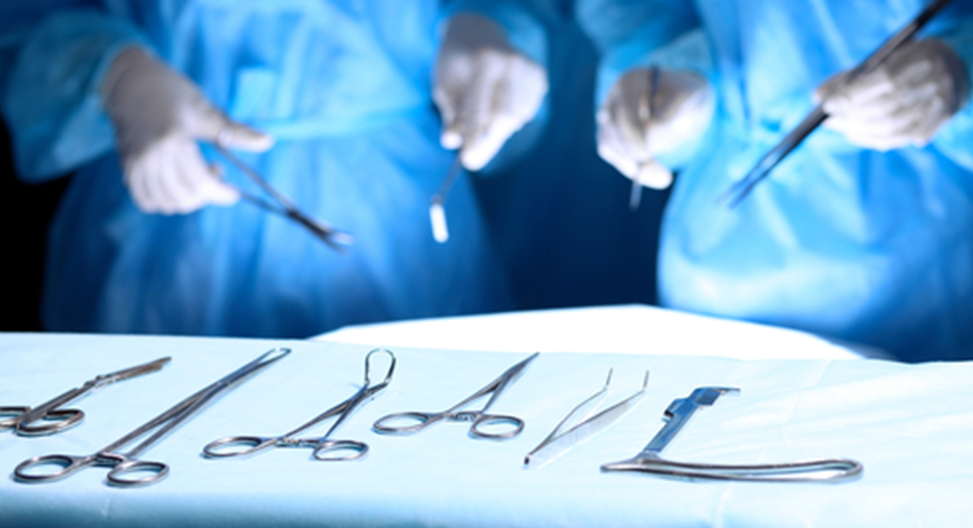
Penile cancer is a rare in the United Kingdom. It is a cancer which can be treated successfully if diagnosed early enough. There are certain risk factors for developing penile cancer and these include infection with Human Papillomavirus (HPV). In addition to this men who are smokers or uncircumcised with lichen sclerosus are also at increased risk. Patients on immuno-suppression drugs or who have HIV are also more at risk.
Penile cancer can start as a red area on the tip of the penis. This does not necessarily indicate a malignant cancer and could well be a pre-malignant lesion which is termed carcinoma in-situ (CIS) or PeIN. These lesions can be treated by undergoing a circumcision and you may require topical creams and this will prevent progression into more invasive penile cancer.
More advanced cancers present as a lump which is visible, most commonly on the end of the penis or at the junction of the foreskin and the groove (sulcus) of the glans. These lumps are either visible or can be felt under the foreskin. Some will present with bleeding or discharge from under the foreskin.
Due to the low numbers of penile cancer cases, treatment is conducted by specialists who manage this disease on a regular basis. The vast majority of these cancers can be removed and the majority of the penis can be preserved. As these cancers can spread to the lymph nodes in the groins, further surgery has to be conducted in order to assess whether there is any involvement of the lymph nodes in the groin.
For patients who have lymph nodes that cannot be felt at the time of presentation, a procedure called Dynamic Sentinel Lymph Node Biopsy can be performed. This involves the injection of a radio-isotope into the site of the original tumour. Special scans are then undertaken to identify the lymph nodes which are draining the tumour. An operation is then performed using an incision in the groin and the radioactive lymph nodes are then removed.
For patients who develop lymph nodes which can be felt, a procedure termed an inguinal lymphadenectomy is required. This operation removes a larger number of lymph nodes from the groin and is a more extensive procedure.
Some patients with advanced disease require either chemotherapy or radiotherapy following the surgery. London Men’s Clinic works closely with specialist oncologists in this area.
Submit your email and stay in touch with us